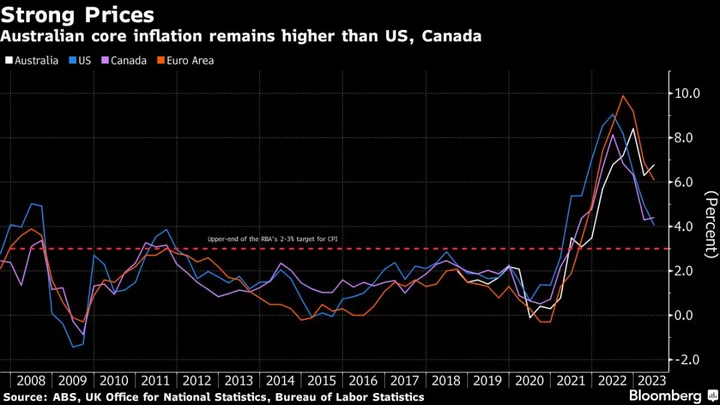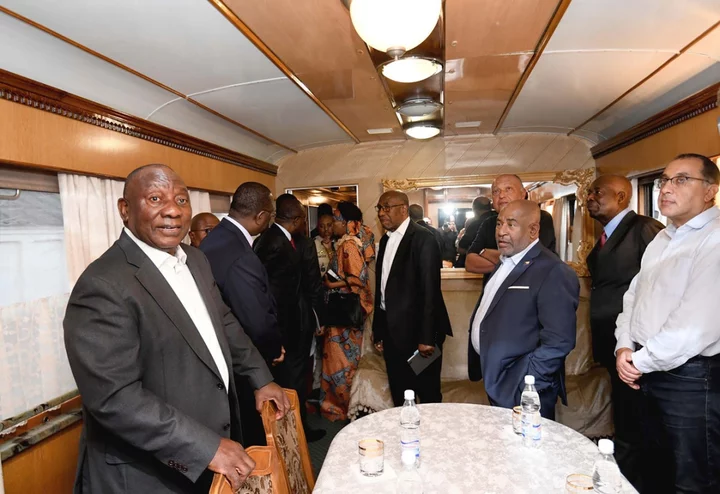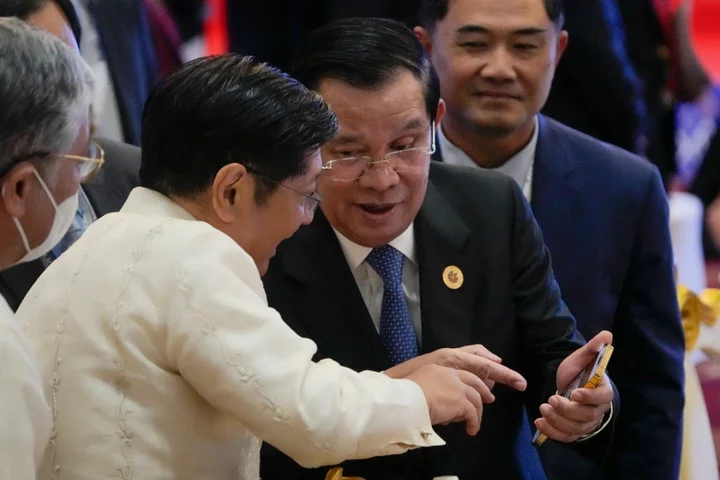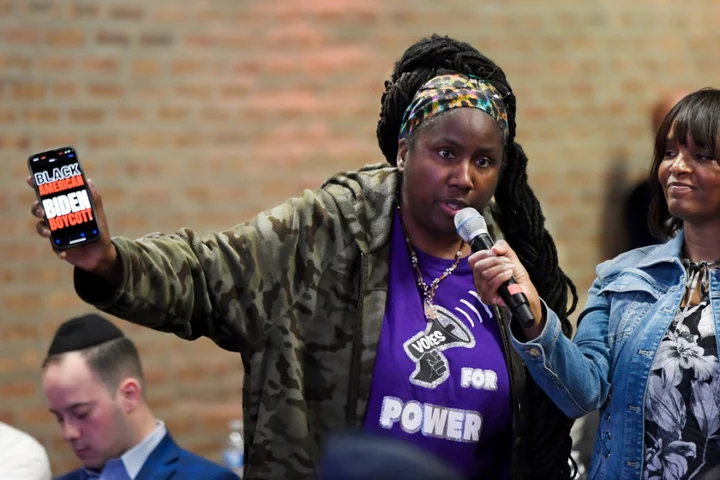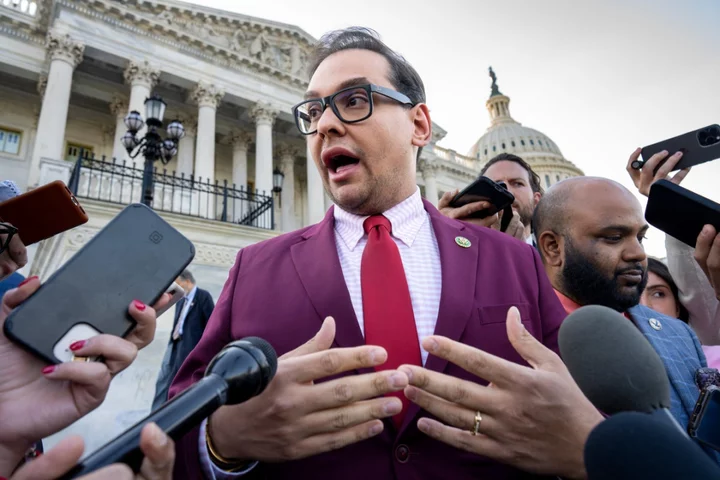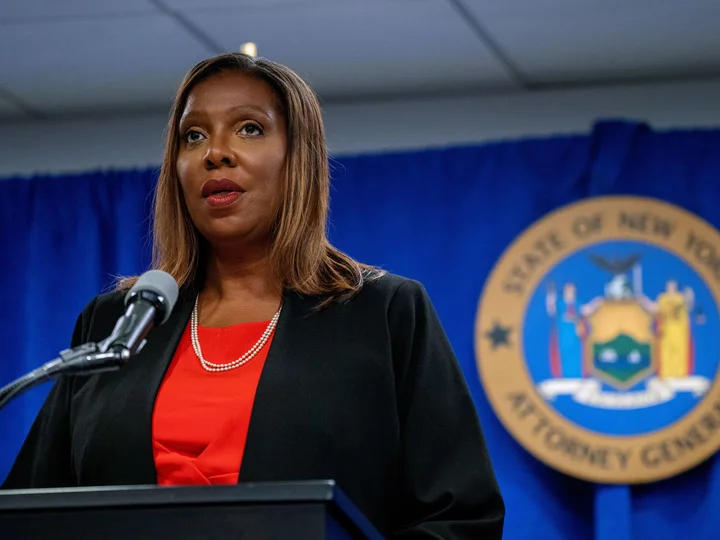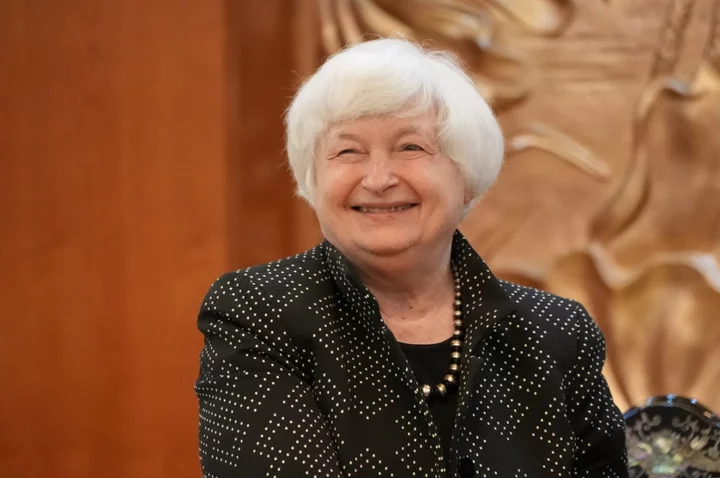Australian Prime Minister Anthony Albanese is considering several candidates for Reserve Bank governor, including extending the term of incumbent Philip Lowe, as speculation mounts about the next head of the RBA.
“There are a range of people who will be under consideration including of course, the governor himself,” Albanese told Sky News in an interview on Wednesday, responding to a question on whether Department of Finance Secretary Jenny Wilkinson is the front-runner for the role.
Albanese said a decision would be taken “around the cabinet table” under a proper process. He said Wilkinson, and unprompted, Treasury Secretary Steven Kennedy — also touted in local media as a strong candidate — were both “outstanding public servants.”
When asked if Lowe’s time was coming to an end, Albanese said such decisions would be taken “at an appropriate time” and in an “orderly way.”
Opposition finance spokesperson Jane Hume on Wednesday called for Lowe to be extended, setting up a potential political fight in the event he’s replaced. The reason is that such a change would occur during a tightening cycle and open the door to charges of political influence in the monetary policy process.
The governor’s seven-year term ends Sept. 17 and Treasurer Jim Chalmers has said he will announce a decision on the RBA chief by July 31 at the latest. Lowe has previously expressed a desire to continue in his role.
His two predecessors received three-year extensions, meaning they were at the RBA’s helm for 10 years apiece.
“I think Philip Lowe is probably one of the most qualified economists in the country who’ has seen the economy through some really tough times,” Hume told Australian Broadcasting Corp. radio.
“Philip Lowe is an eminently qualified economist, he’s done a very good job in very, very difficult circumstances in the last few years,” she said.
Other candidates highlighted as potential replacements include Deputy Governor Michele Bullock and former RBA No.2 Guy Debelle.
A decision on the next governor will bring to an end months of speculation and uncertainty following an independent review of the bank that recommended wholesale changes to the way it operates, including creating a new monetary policy board.

